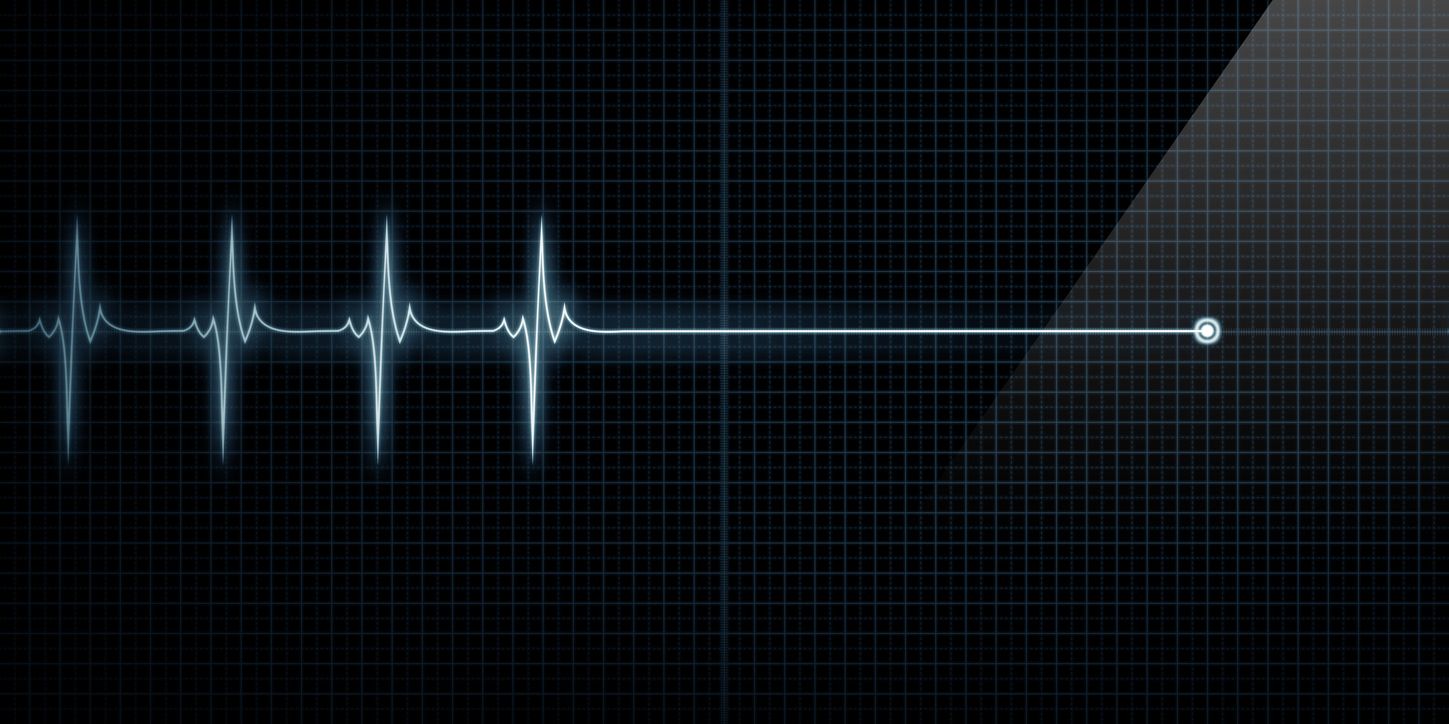The brain remains conscious after death
What happens beyond death has always been a metaphysical issue, more typical of other disciplines, such as religion or philosophy. On the other hand, from the scientific point of view, it seems quite clear that the chemical processes that give rise to perceptions, thought, emotions, consciousness ... are completely "turned off" in the brain as soon as the body dies.

However, a team of scientists from NYU School of Medicine in New York has a different opinion.
Dr. Sam Parnia, director of intensive care at this center, says that people "know immediately that they have died", since their conscience continues to work after the body has stopped emitting signs of life.
A conclusion reached by a team of researchers led by Parnia himself, after analyzing a group of patients who suffered cardiac arrest and who, technically, died, but were resuscitated successfully soon after.
Among the conclusions of the study it can be inferred that the patients were aware of the complete conversations and also of seeing the things that happened around them, even after being declared as deceased.
Medically, the time of death is defined as the moment when the heart stops beating, and therefore the flow of blood stops flowing to the brain.
However, according to the team in Parnia, there is evidence to suggest that an energy pulse occurs in the brain when a person dies.
In fact, in 2013, researchers at the University of Michigan observed electrical signals within the brains of nine anesthetized rats after being induced to a heart attack.
Brief moments after clinical death, the researchers observed patterns of activity in the brain related to a state of 'hyper alert'.
What happens to the brain when it dies?
During a heart attack, a blocked artery prevents blood from reaching a part of the heart, which can cause that section to die, although the heart continues to beat. As a result, the electrical signals that control the pumping action of the heart are interrupted, the heart stops beating and death occurs soon after.
The cerebral cortex, the 'thinking part' of the brain, also lowers its activity instantaneously, which means that no brain waves are produced, at least visible on a monitor, for about 20 seconds. This first reaction initiates a chain of cellular processes that result in brain death. But, according to Dr. Parnia, "until this happens, it can be hours since the heart stops working".
Performing cardiopulmonary resuscitation (CPR) sends some blood to the brain, "approximately 15 percent of what it requires to function normally," according to Parnia. This is enough to slow the death of brain cells, but it is not enough to jump-start the brain to work again, which is why reflexes do not resume during CPR, he said.
"If you manage to restart the heart, which is what CPR tries to do, little by little you will start to make the brain work again.The longer you are doing CPR, the neurons continue to die, only at a somewhat slower pace", he explained.
Reference:
Resucitation Journal
Check this post: How I've been scammed and lost all I earned here

The claim was made by Dr Sam Parnia, director of critical care and resuscitation research at NYU Langone School of Medicine in New York City.
He and his team are looking at people who suffered cardiac arrest, technically died, but were later revived. It’s the largest study of its type ever carried out that amazing how its work
Exactly! Great study!
thanks @arielpr
Nice post! I had already read this article and I was "wow, our bodies are complex". Can we imagine how we're going to evolve on the next 30 years? I mean, all the discovers we'll make, not only regarding brain activities, but all the things, including new planets and perhaps new life? That blows any mind that loves science and creates quite an expectation of what is to come.
Post 5*, congrats!